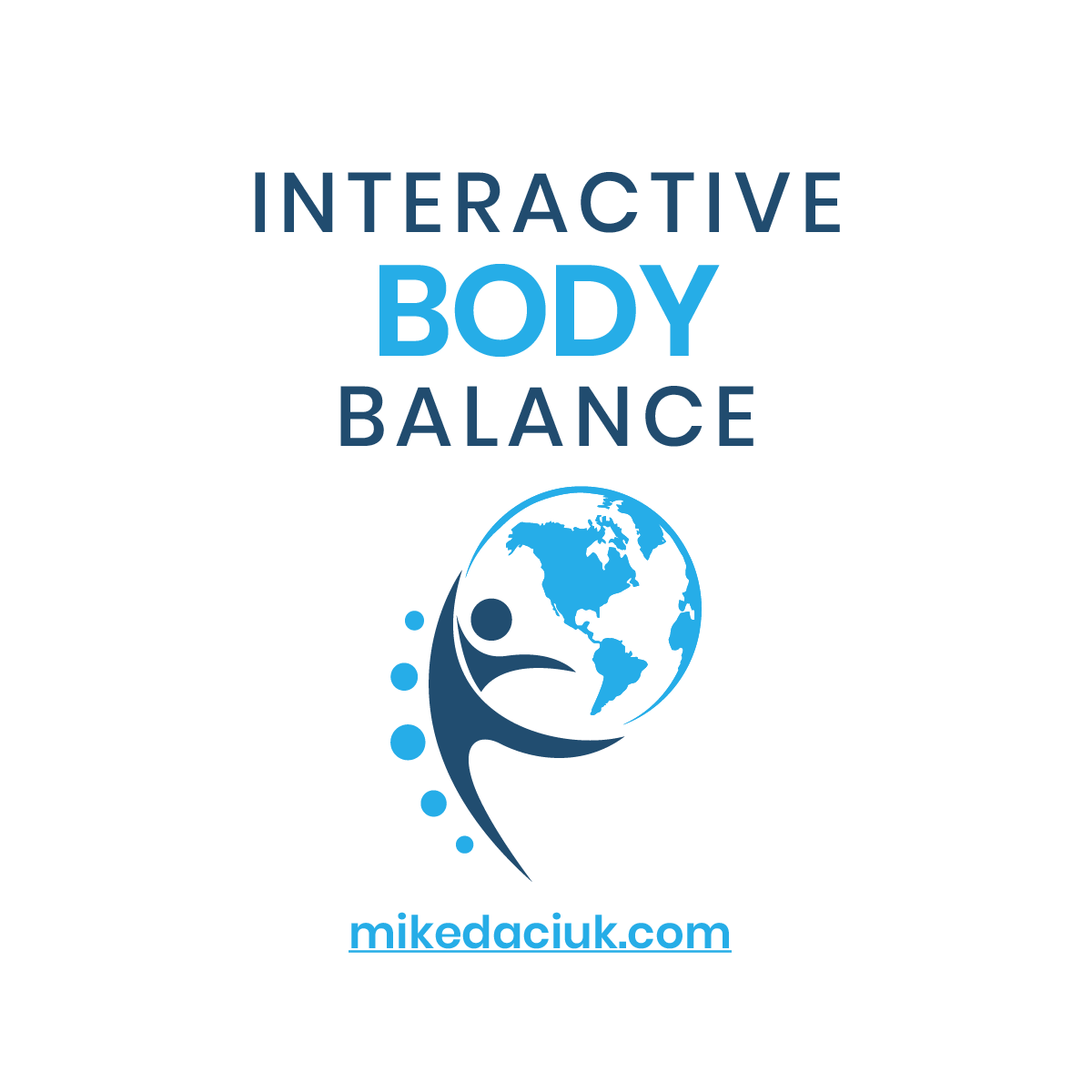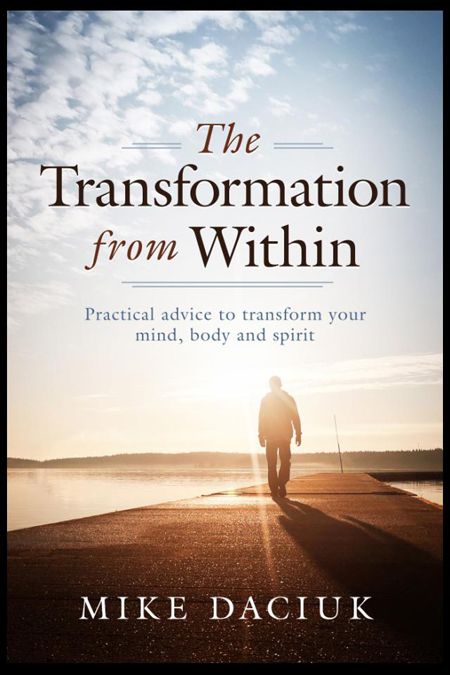1. Use Grounding/Earthing
Grounding (also known as earthing) is exposing your body to the natural magnetic frequencies released by Earth. Since hurdling through space 40,000 feet above the planet in a metal tube is about the most disconnected with the earth you can get. The basic idea is that you aren’t able to discharge all the positive ions that build up via cellular metabolism, so you get net body acidity and inflammation.
Go outside in your barefeet and find grass nearby and put your feet on the ground for 10 to 15 minutes.
- Hydrate
Stay hydrated, whether you are flying or driving to your destination. Your brain controls sleep and it functions best when fully hydrated.16 Your brain loses function when you aren’t well-hydrated, which impacts your sleep and ability to do specific cognitive functions.
- Warm Shower, Cool Room
Taking a warm shower can relax you and get you ready for a good night’s sleep. However, sleeping in a warm room will be disruptive. Instead, set the thermostat to 70 degrees Fahrenheit or lower. Warm shower increases melatonin and cold room puts you to sleep.
- Calming Noise
Bringing things from home can create an environment that helps you to relax. If you enjoy using a recording of white noise or ocean sounds at home, then bring it with you to use at your hotel. Like your pillow from home, it may help your left hemisphere to rest quietly.
5 Light the Daytime Hours
The more sunshine you are exposed to, the better you sleep. Exposure to sunshine helps regulate your body’s secretion of melatonin. Melatonin regulates your sleep cycle. By the same token, sitting under bright lights before you go to sleep disrupts your sleep cycle.19
- No-Jet-Lag Herbal Supplement
Ben Greenfield recommends this. Following the instructions to take 1 tablet upon take-off, 1 every 2-4 hours while on the plane and then 1 upon landing. And the stuff works wonderfully, both east-to-west and west-to-east. There are five homeopathic remedies listed as the active ingredients in No-Jet-Lag: Arnica Montana, Bellis Perennis, Chamomilla, Ipecacuanha and Lycopodium.
7. Increase Sulfur Intake
Sulfur-containing foods are very good antioxidant precursors, especially for the type of inflammation that can occur when you’re on an airplane, and include compounds like broccoli, cauliflower, garlic, onions and Brussels sprouts.
8. Get the Oxytocin Flowing
Finally, oxytocin is an extremely powerful hormone that acts to lift your mood, but also acts as a potent antioxidant, antidepressant and antinflammatory. Although it’s most commonly known as a hormone that is released after sex, one of the interesting things about oxytocin is that you can get your hormone fix anywhere and at any time – including when you’re traveling. To do this, all you need to do is simply hug someone or shake their hand. The simple act of bodily contact will cause your brain to release low levels of anti-inflammatory, mood-boosting oxytocin.
http://articles.mercola.com/sites/articles/archive/2016/06/02/sleep-cycle-when-traveling.aspx



